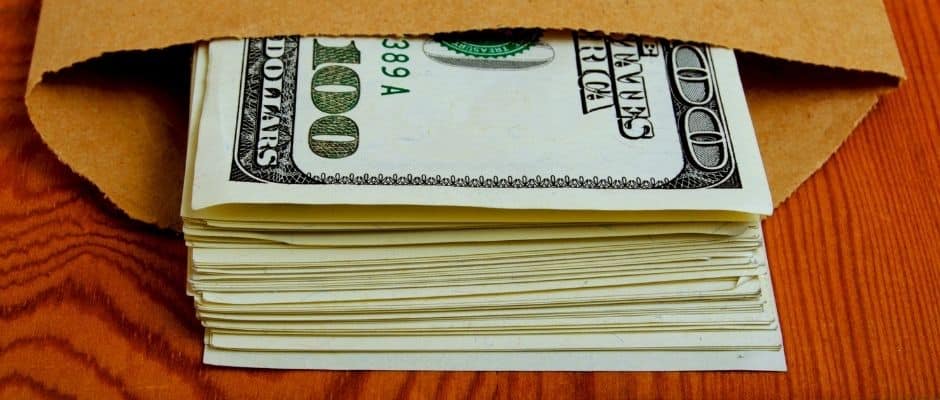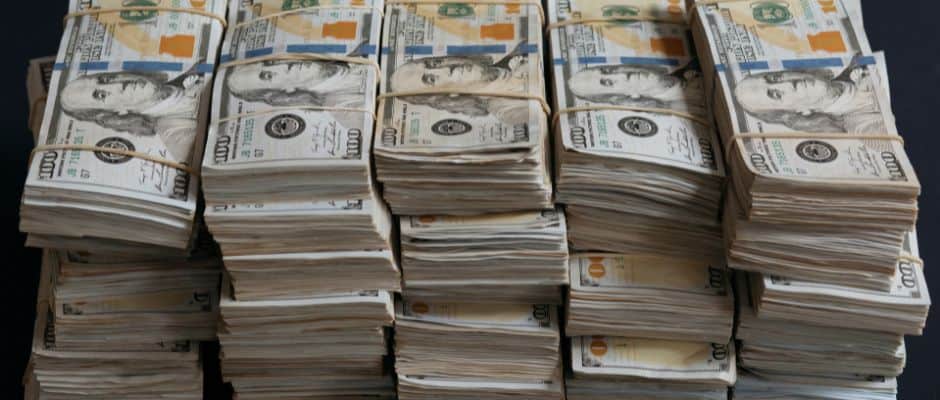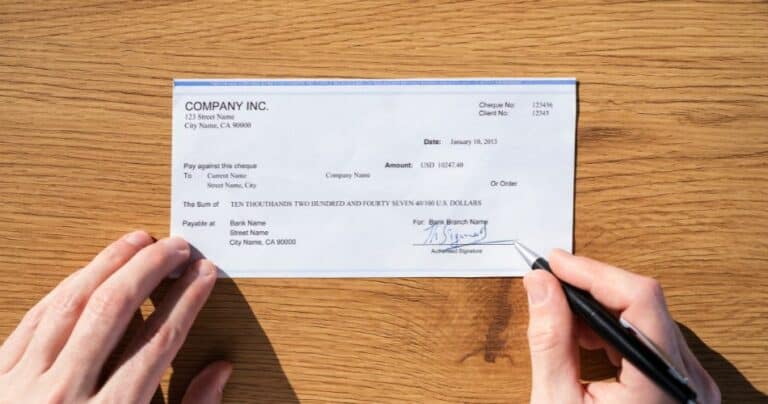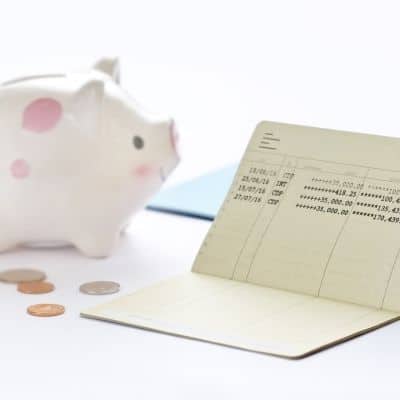
Have you ever been standing in line at the bank when you see one of the tellers call over a manager? Chances are, something not so routine is going down at that counter. A lot of times this could be an oversized deposit or withdrawal. For most people, a couple of hundred dollars here and there would never raise an alarm at a bank. But occasionally, a customer will need to make a major transaction. So when do banks get suspicious of cash deposits? I looked into it, and here’s what I found.
Surprisingly, there is a standard rule that is used by most banks across the United States. This rule is referred to as the $10,000 rule. Any deposits in cash made at a bank that is over $10,000 will raise some red flags. Deposits of this size need to be investigated and will often require further assistance from a branch manager.
Anything over $10,000 will be treated with suspicion with the potential for criminal activity. Remember, just because someone is depositing $10,000, it does not mean it is their money. Banks are aware of these organizations operate and are quick to act when such a large deposit is made.
When Do Banks Get Suspicious of Cash Deposits?
As I mentioned, in the United States any cash deposit made at a bank over $10,000 will raise suspicions. It’s not just the US though. Canada has the same regulations in place for its banks. Our neighbours to the North are regulated by FINTRAC, while American banks are monitored by the IRS.
Large sums of cash are often used in money laundering and other criminal activities. If you know you have to make a large cash deposit, just be prepared to answer some questions because the teller will almost certainly bring in some assistance for the transaction.
Related Financial Geek Article: Why (And When) Do Banks Ask Why You’re Withdrawing Money
How Much of a Cash Deposit at a Bank is Suspicious?

While the federal law in place is the $10,000 rule, individual banks could be suspicious of any large amount. For most people, receiving a money order or a check is not out of the ordinary. If we are selling something or need to transfer around a large number of funds, usually we prefer not to use cold hard cash.
All of this is to say that you could raise alarms even if you deposit less than the $10,000 maximum. For example, coming in several times to deposit $9,999 is not going to make you any less suspicious. The truth is, even a $5,000 or $7,500 cash deposit will likely already raise some eyebrows. Do it more than once and your activity will definitely be monitored moving forward.
It is not that banks will not accept your deposit, they will. But by law, they need to investigate your deposit and if they choose to, they can refuse it. So what should you do if you do have to deposit such a big sum of cash? Explain to the bank manager that it is a one-time thing, but just know it will be documented and reported.
What is the $10,000 Rule?
I briefly mentioned the $10,000 rule earlier, but let’s get into a bit more detail. In the United States, there is a federal law which requires banks to report any cash deposit made that is over $10,000 in value. This law first came to light in 1970 when Congress passed the Bank Secrecy Act. It was also updated in 2002 in the Patriot Act to mitigate criminal activities.
Banks will need to report these deposits to the IRS. After that, the IRS will share this information with federal and local authorities. If it is just a one-off deposit, you might be okay, but if for some reason you continue to make large cash deposits, it will not go unnoticed.
The $10,000 rule also applies to cash withdrawals as well. The revisal of the Bank Secrecy Act forbids any transactions at a bank for that much cash. Most bank accounts have a daily withdrawal limit from the ATM, but a teller can allow a larger withdrawal. If it is around $10,000 or more, you can bet that the bank will be documenting the withdrawal as well.
How Long Does a Bank Hold Funds for Suspicious Activity?

When a bank is suspicious, it does not just file a report with the IRS. The bank itself can hold those funds for a set period of time. This prevents customers from immediately transferring that money out to another person. While there is no concrete time period for which the bank can hold your funds, you can reasonably expect a 7-10 business day freeze on your account. In the most extreme cases, the banks can actually close your account even if you have your money in it.
Obviously, this is not ideal, especially if you are depositing the funds as a law-abiding citizen. But don’t worry, even small businesses that deal primarily in cash have their transactions reported. So don’t take it personally if the bank has a problem with your large cash deposit.
Can you request that your account not get frozen? Each bank likely has its own rules that they abide by. The only hard and fast rule is the $10,000 rule. It is up to the bank’s own discretion whether they want to put a hold on your account or even worse, not accept your deposit at all!
The Bottom Line: Do Banks Get Suspicious of Deposits?
Yes, they do, but only if they are of a certain amount. If you have just a few hundred dollars, it is easier to just use an ATM. But once your cash deposit gets into the thousands of dollars, it will definitely start to raise some suspicions at the branch.
Thanks for coming by and giving this a read today!
Geek, out.


![How Do Banks Verify Checks in 2023? [Quick Answer]](https://thefinancialgeek.com/wp-content/uploads/2022/05/How-Do-Banks-Verify-Cheques-2.jpg)



